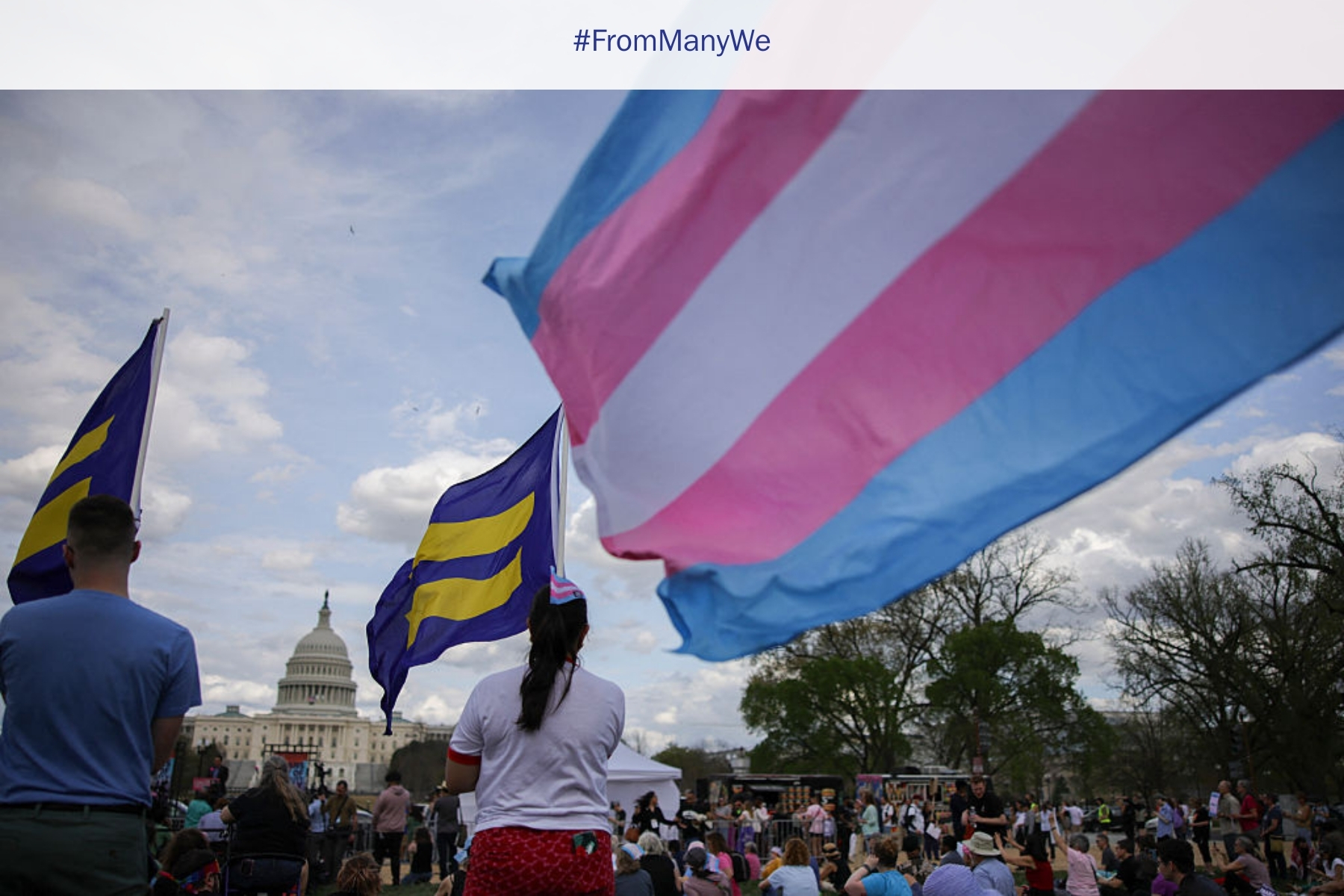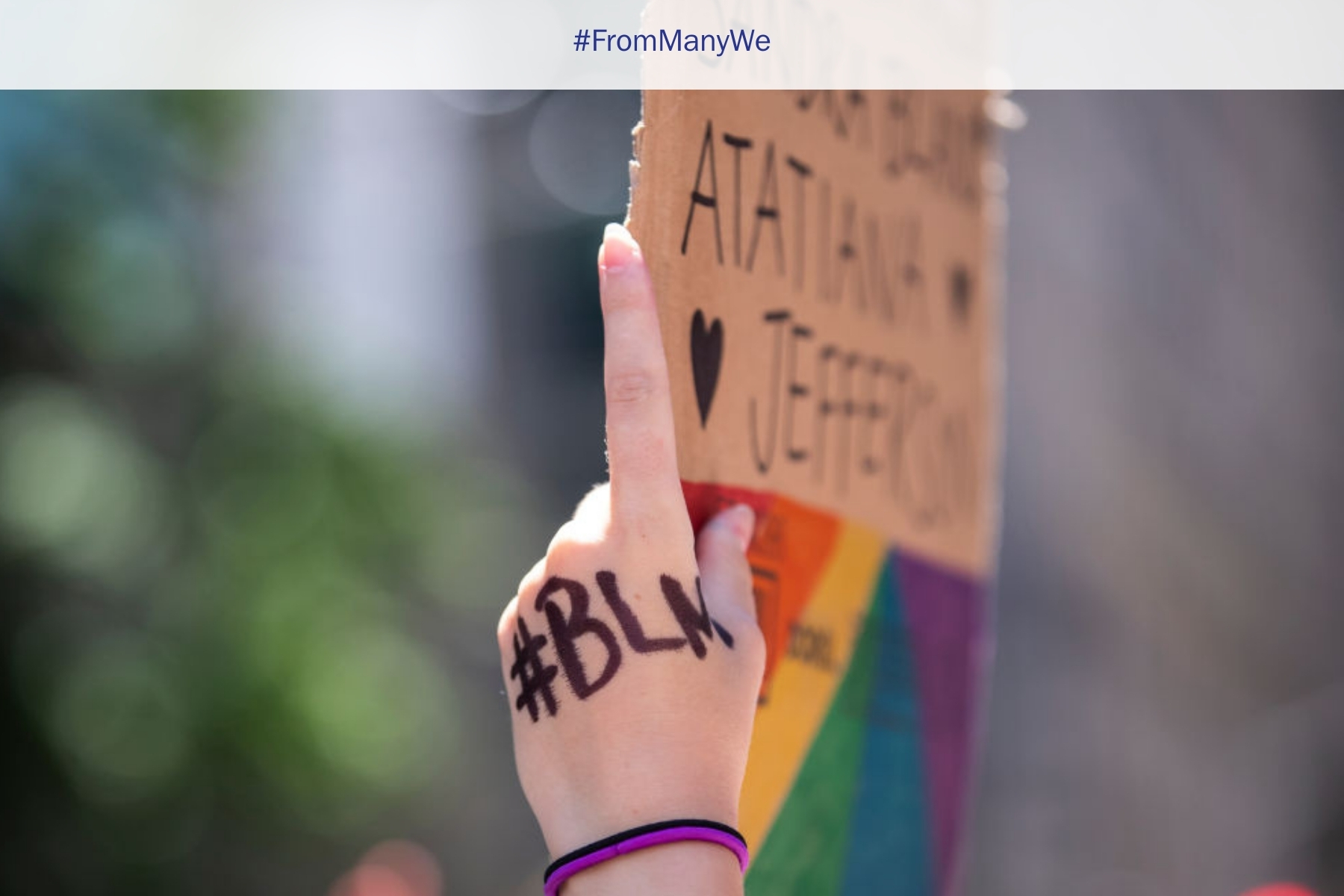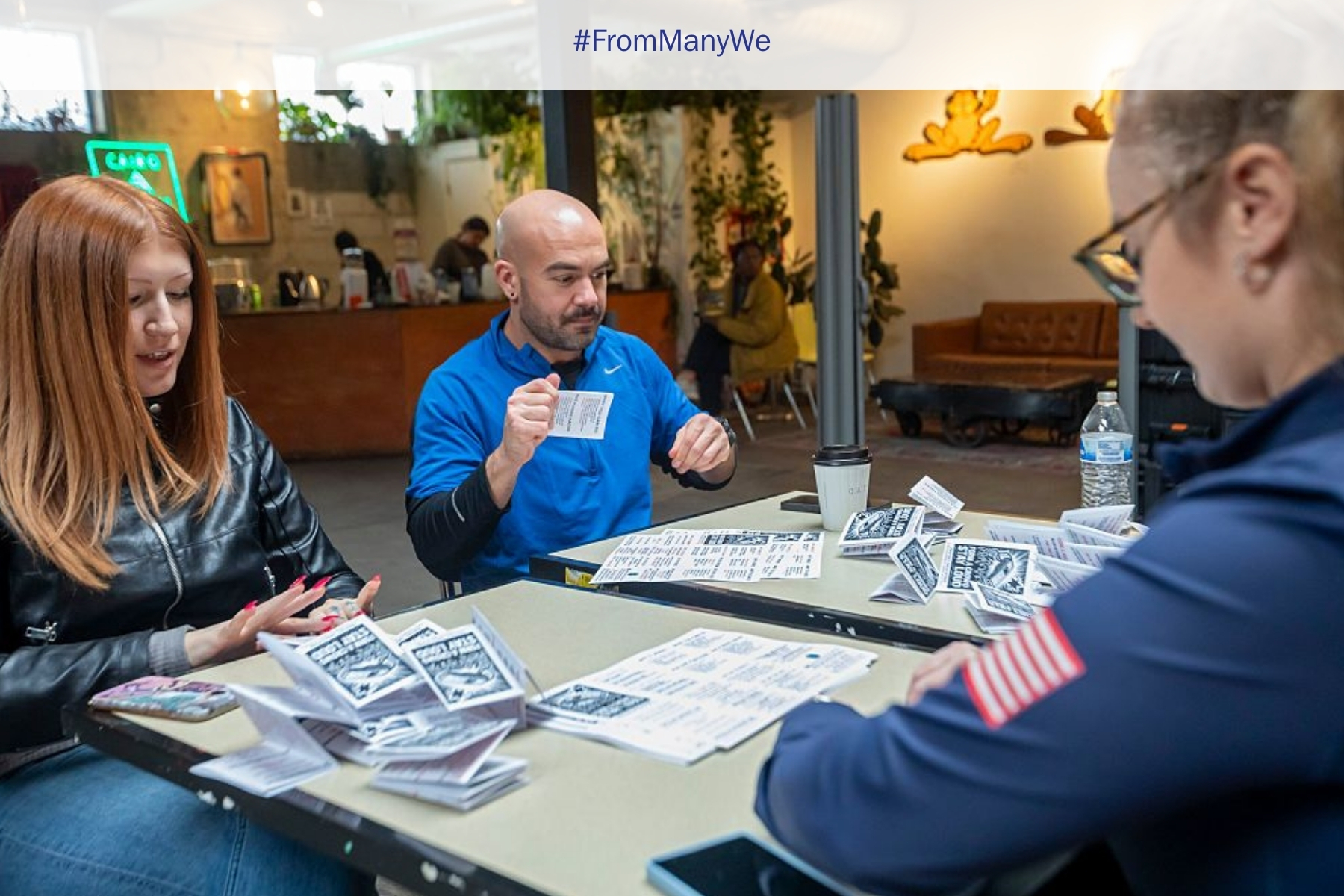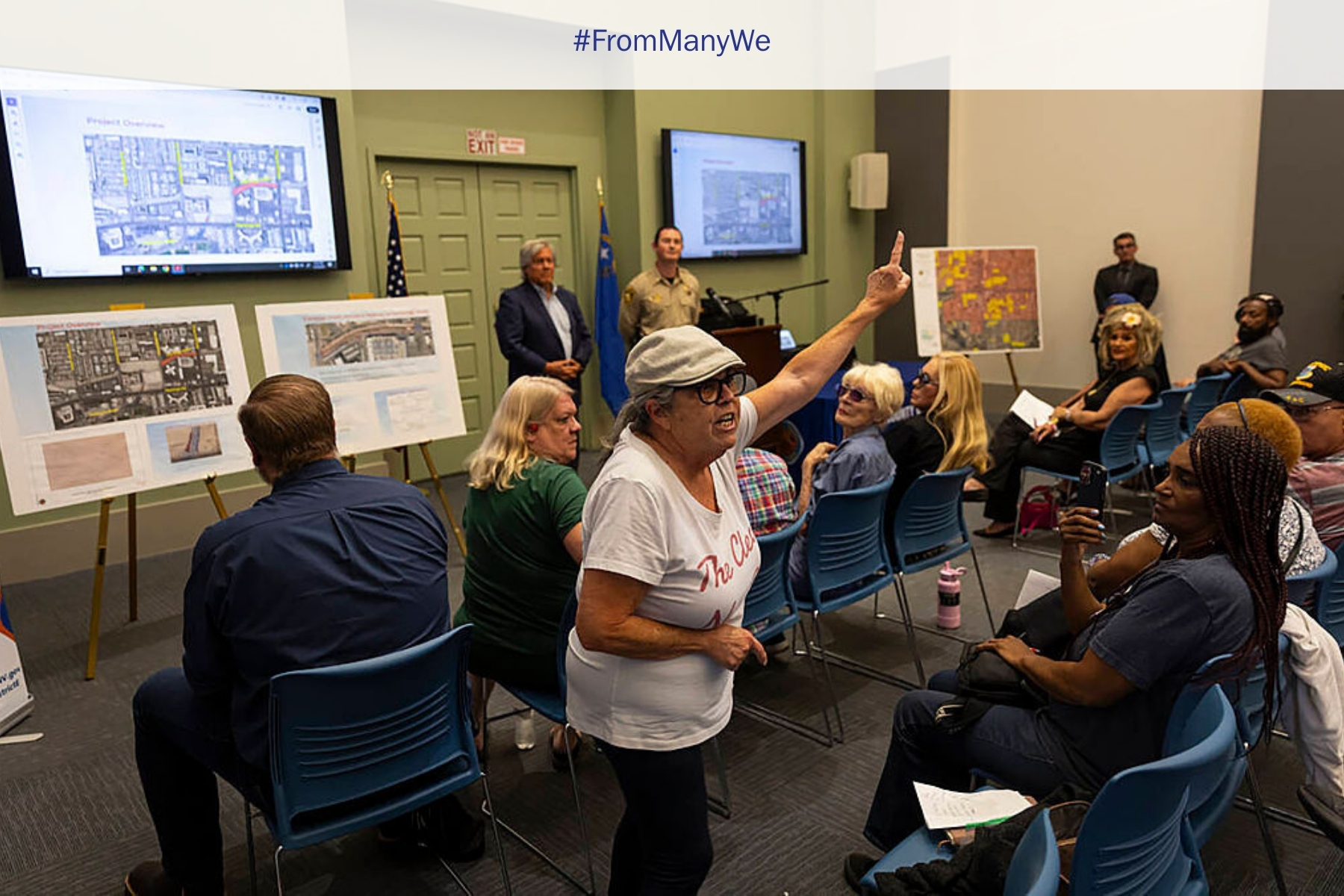Five Steps toward a Resilient Nonprofit Sector

In the week preceding Earth Day 2025, rumors of a new executive order rippled across the nonprofit sector. No one knew the details, but “insiders” had shared the broad strokes of a document that would directly target nonprofit organizations and single out those working on issues of climate and environment. Organizational leaders and executive teams across the country were shaken with alarm. Emergency calls were held. Vacations were canceled. Panic set in.
What Panic Looks Like
Nonprofit leaders braced themselves for a threat made more terrifying because it was unknown. Could the order deem any mission as “uncharitable” and then strip nonprofits of 501(c)(3) tax-exempt status? Could any charity be accused of “supporting terrorist activity”? Would the order name specific organizations, or would it create a blanket rule that could include work even tangentially connected to issues of climate change? Could a nonprofit’s bank accounts and assets be at risk? Would foreign funding be targeted? Would the safety of individual staff be compromised?
With the sector consumed with fear, valuable staff time and energy was spent trying to triage for this uncertain threat while pulling organizational resources away from their critical day-to-day work. During this chaos, nonprofit organizations, many of which provide essential services to their local communities, lost their ability to fulfill their missions. Instead, they scrambled to join emergency meetings to devise a defensive strategy while communications teams scrubbed websites and operations teams tried to figure out how they would pay their staff if bank accounts were frozen.
Law firms and nonprofit professionals have attempted to offer reality checks and provide some calm to the US nonprofit sector. The president of the United States has no legal ability to revoke an organization’s nonprofit status. The IRS has extensive multistep procedures for revoking tax-exempt status and utilizes an appeals process for its reinstatement. Private financial institutions cannot be ordered by the president to freeze domestic organizations’ bank accounts. And, as with all the previous executive orders coming out of this administration, a lengthy legal battle would likely follow. Direct repercussions for the sector could take months to sort out. Even after Politico reported that the administration denied any plans to rescind the 501(c)(3) status of climate nonprofits, a sense of disorientation persists and feels like a temporary reprieve rather than a victory.
Panic Further Weakens Civil Society
This chaos is by design. Destabilizing civil society with threats, panic, and confusion, and then burdening them with onerous bureaucratic requirements, is a tool in the authoritarian playbook worldwide. Threats against nonprofits can take the form of designating them as a “foreign agent,” “extremist,” and “undesirable” similar to Russia’s and Georgia’s “foreign agent” legislation. Burdensome reregistration requirements can also be required, the way they had in Uganda. We have seen such attacks in US history as well: the IRS came after the NAACP’s tax status in 1957, which forced its legal defense fund to split into an independent organization. It did so again in 2004, after the NAACP’s chair criticized President George W. Bush. It took two years (and, surely, enormous resources) for the IRS’s investigation into the NAACP’s tax-exempt status to be dropped.
For years, organizations like STROIKA have been sounding the alarm about the potential threats facing the US nonprofit and philanthropic sector. US civil society has had ample time to consider scenarios and plan for such a move as it is a classic one from the authoritarian playbook. But for most within this sector, a sense of US exceptionalism led them to believe that “it can’t happen here” and that the institutions would protect them. Most nonprofits thought that if they just followed the letter of the law and maintained meticulous transparency about their activities, they would be safe. As a result, many are now underprepared for these seemingly new types of threats.
The attacks have just begun, but the damage is already being felt. Organizations large and small are each coming up with their own individual response plans without sufficiently coordinating with each other. Valuable resources are being diverted from mission-critical work. Retention will become more challenging as nonprofit employees, concerned about their livelihoods, are more likely to leave the sector in the face of so much financial and political uncertainty. These impacts will weaken the civil society sector as a whole, which at the moment is one of the few remaining viable checks on government overreach.
Five Steps for Building Resilience
As the proverb goes, “The best time to start was yesterday; the second best is today.” The same can be true of having a preparedness plan. Many practical steps can and should be taken right now so that the next rumor does not further sideline the nonprofit and philanthropic sector. Below are five steps that can be used by both nonprofit organizations and all Americans who care about a resilient civil society. Investing in these preparedness steps will not only help to safeguard existing mission-driven work but also strengthen our ability to take courageous action, even in the face of uncertainty and threats.
- First, don’t panic. The overwhelm is by design. Nonprofits should continue to pursue their mission and do their work. Those outside the sector should continue supporting the local organizations that you believe in with both your time and your donations.
- Second, communicate proactively about the immense value that the nonprofit sector brings to the average American. Do not get caught trying to rebut the accusations being hurled against these groups; craft your own narrative.
- Third, don’t go it alone. This is the time for individuals and organizations to stand together across sectors and issue areas to defend civil society as a whole. Understand that an attack on any one organization is a threat to all. A vibrant and independent nonprofit sector benefits us all, whether we care most about fighting government corruption, defending minority rights, combating climate change, building economic justice, or supporting independent media. Build coalitions beyond your usual partners and work across sectoral silos to build up a strong defense against future threats.
- Fourth, do a sober risk assessment. Consider scenarios for a range of possible future outcomes and come up with multiple plans of response. Don’t rush but do put in place the processes and resources you need for each of those backup plans. Calculate the minimum operating funds needed for the next six months. Consider diversifying financial and legal entities.
- Finally, learn the lessons of resilience from America’s history and from the experiences of others who have lived through authoritarian encroachment around the world. Even in the face of politically motivated attacks, many activists remain creative and resilient in continuing to pursue their missions. Some have reregistered as commercial entities or as nonprofits abroad; they steadfastly fought back in courts against unfounded allegations; and some even liquidated their organizations to work as informal unregistered coalitions.
These same steps—taking a deep breath, assessing risk, and breaking down our US exceptionalism—are critical for all of us feeling unmoored by each week’s flurry of executive orders. The feeling of overwhelm we are experiencing is deliberately created to encourage passivity. We can be shocked, but we must not be paralyzed. We’ve seen this playbook before. And if there is one lesson we carry from US and global history, it is this: resistance is not only possible–it is essential. The window is narrowing but it has not yet closed.
Yelena V. Litvinov is the cofounder of STROIKA, an organization building the resilience of anti-authoritarian movements around the globe.
From Many, We is a Charles F. Kettering Foundation blog series that highlights the insights of thought leaders dedicated to the idea of inclusive democracy. Queries may be directed to fmw@kettering.org.
The views and opinions expressed by contributors to our digital communications are made independent of their affiliation with the Charles F. Kettering Foundation and without the foundation’s warranty of accuracy, authenticity, or completeness. Such statements do not reflect the views and opinions of the foundation which hereby disclaims liability to any party for direct, indirect, implied, punitive, special, incidental, or other consequential damages that may arise in connection with statements made by a contributor during their association with the foundation or independently.








